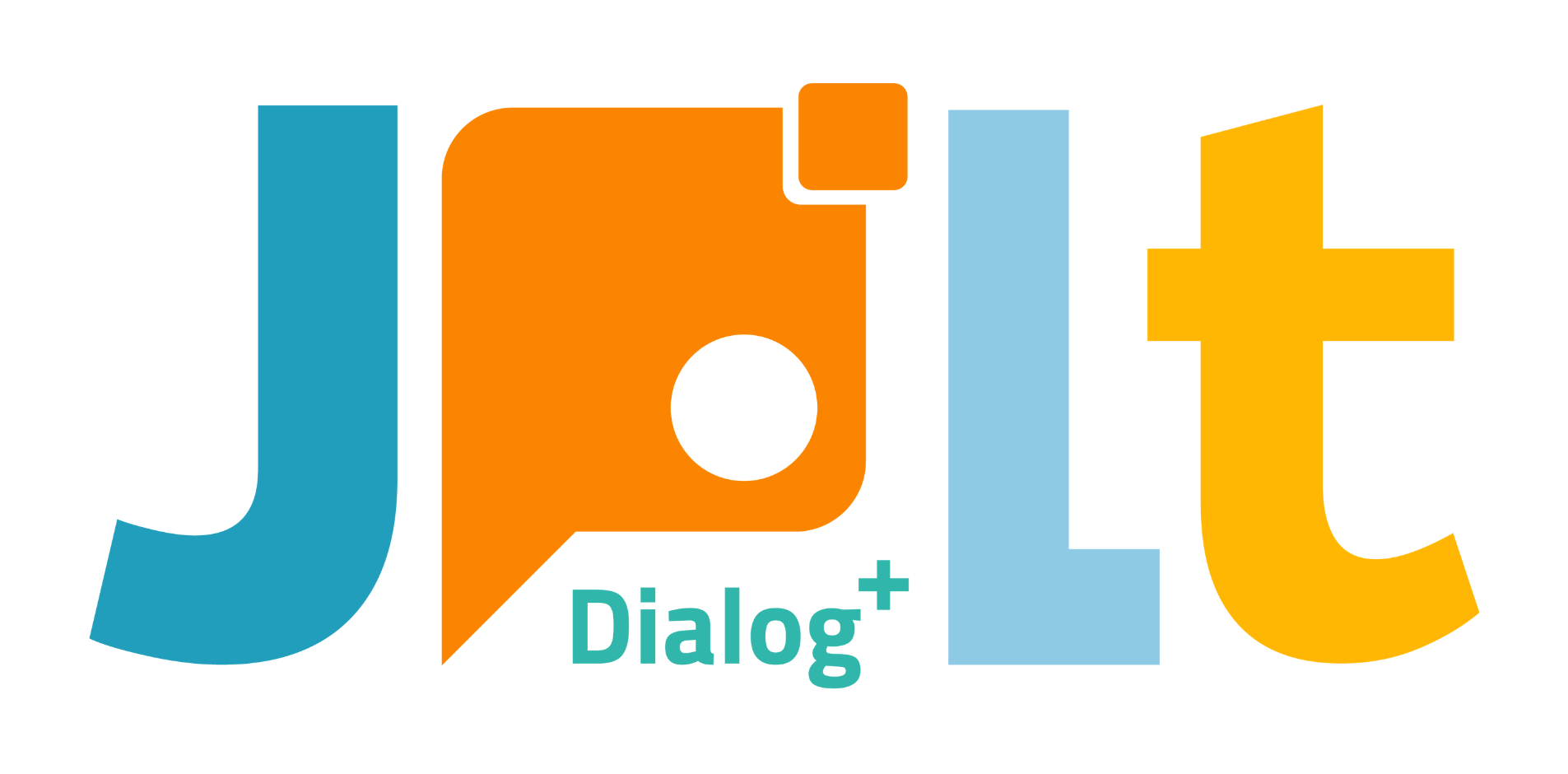[Must-Read Guide] Recommended Japanese Study Methods for Foreigners
Are you a beginner in Japanese language learning? Do you prefer self-study or attending a Japanese language school? First, we recommend starting with an online Japanese language school. This method allows you to improve your Japanese skills more quickly and affordably.
Here’s an in-depth explanation of why this approach is effective and how to make the most of it.
If you are a beginner in Japanese language learning and have studied basic grammar and simple English vocabulary (even if vaguely), but have never spoken Japanese or have had few opportunities to do so, we recommend using online Japanese lessons.
For many people like you, using Skype or attending an online Japanese school may be a new experience. Speaking with someone from another country might also be a first. It’s natural to feel very nervous about it.
If you want to improve your Japanese conversation skills, it’s best to let go of the idea that you might remember what you studied long ago. Remembering knowledge and being able to use it effectively are entirely different things. If you haven’t received conversation training, it’s helpful to think of starting from scratch, which will make the learning process easier.
Just as children gradually learn new languages at the age of 1, 2, etc., we recommend that you approach this program with the mindset of being a child again, relearning new things from scratch.
At JPLT Japanese School, many students are beginners in Japanese conversation (first-time learners), and the instructors are aware of this. They understand the natural, effortless process of learning a new language. Approach the challenge with the mindset of meeting a new mother (coach) who will teach you new words.
Here are some study methods and mindset tips to help you learn and master a new language:
Table of Contents for recommended online Japanese lessons for beginners
■If you are a beginner in Japanese, you should learn basic conversational expressions.
1. Aim to communicate without using difficult grammar or vocabulary as much as possible.
2. It’s important to understand each other. Let’s lower the hurdle of learning Japanese.
3. Japanese is a “language of placement/arrangement”. It’s important to master basic Japanese expression methods.
■ Secrets to improving Japanese conversation skills
1.”Consistency is key” … and it’s important to find a method that’s easy to continue. It’s not about discipline.
2. A 50-minute online Japanese lesson is a mutual exchange of understanding.
3. Learning Japanese is fun. Because it is fun, you can continue and learning and mastering it. That’s the latest method at JPLT Japanese School.
4. Enjoyable Japanese conversation is not just a goal, but something you can experience from the day you start learning.
■Where should beginners start with learning Japanese language learning online?
1. Initially, it’s recommend that you start by learning from a teacher who speaks in your native language.
2. You can rest assured that teachers who learned Japanese as a second language will understand our method of acquiring Japanese.
■ For online Japanese language school for beginners:
JPLT Japanese School – A School for Beginners in Japanese
■If you are a beginner in Japanese, try to learn basic conversational expressions.
1. Aim to communicate without using difficult grammar and vocabulary as much as possible.
Instead of waiting until you have a certain level of grammar understanding and vocabulary, and then practicing speaking, it’s a mistake to think that you’ll automatically be able to speak once you’ve learned grammar and vocabulary.
You will forget grammar and vocabulary that you don’t use, and it’s hard to reach a “certain degree” because of the repeated cycle of memorizing and forgetting. Choose a learning method that will bring you closer to your dream little by little while having fun.
Those who have studied Japanese grammar with hundreds of pages of study materials tend to become obsessed with correct grammar and hesitate to speak. First, get rid of that and start again with the easiest and most enjoyable method.
“Japanese is a tool for communication.”
Is it impossible to communicate in Japanese if you don’t know polite expressions and honorific language?
Not knowing conditional forms or relative pronouns doesn’t mean you can’t have a conversation. Indeed, it’s better for adults to be able to use polite expressions at some point, but children in your country don’t use honorific language, right? Still, they can have conversations and understand each other.
Japanese children are the same. They don’t use complicated Japanese expressions. Those might be patterns or expressions that you might not need to use in daily conversation or until you become an adult.
With JLPT N5/N4 level knowledge and vocabulary, you can fully communicate. Many people just lack the practice and opportunities to make full use of it.
2. It’s important to understand each other. Let’s lower the hurdle of learning Japanese.
Many foreigners live and work in Japan. Their Japanese language skills vary widely, so difficult Japanese expressions may not be understood by the other person, or the less commonly used Japanese words may have more diverse meanings and may not be communicated well. Advanced level Japanese is very difficult even for Japanese people.
If the goal of learning Japanese is to pass the JLPT or similar exams, it’s necessary to memorize Japanese vocabulary and phrases that are essential for understanding exam questions in reading and listening. However, if the goal is everyday conversation in Japanese, the learning methods will be completely different.
JPLT’s online Japanese lessons are mainly group lessons. Free study sessions are also held almost every day. It’s valuable to dedicate time to enjoyable and relaxed mutual understanding, without tension.
By using the words and gestures you know, and with the help and reactions of the other person, you can repeatedly practice and get a sense of understanding each other.
3. Japanese is a “language of placement/arrangement”. It’s important to master basic Japanese expression methods.
Like school studies or many Japanese language learning materials, cramming new things into your head every day is not necessary to improve your Japanese conversation skills. Often, you memorize and then forget. It can take time to find the “expression” you thought you had stored away, and you may hesitate to use them correctly due to uncertainty. This cycle tends to repeat itself.
Children pick up basic speech patterns and excel at conveying their thoughts by swapping words.
(without thinking too much) — How many basic sentence structures do they have that they can say immediately?
Even if the vocabulary isn’t precise or the expression lacks a bit of politeness, having basic expressions that you can use at least gets your point across in many situations.
Rather than memorizing new things, practicing smoothly substituting words in basic sentence structures and speaking at a good pace will lead to faster realization of your dreams. Moreover, with a solid foundation, it becomes easier to add vocabulary and expressions as you progress.
At JPLT’s online Japanese school, there are ample opportunities to speak more than anywhere else. You can talk about the same things repeatedly (making mistakes repeatedly) and gradually learn. You can also learn unfamiliar words and more accurate expression methods each time, so it’s very efficient for building and expanding your foundation.
■ Secrets to improving Japanese conversation skills
1.”Consistency is key” …The key point is to do it in a way that is easy to sustain. It’s not about meticulous training.
To improve your Japanese, you need to study grammar, vocabulary, pronunciation, listening, etc. in a balanced way.
You won’t see results immediately after learning something; just like improving at other subjects or sports, you will improve gradually.
There is an abundance of information on “effective” Japanese learning methods, which can be confusing.
It is true that the speed at which you improve varies depending on the learning method, those who gradually make learning a habit and continue with a comfortable study method tend to improve more than those who focus on optimizing “study time.” For those who have mastered basic daily conversation will forget at a gradual pace, but beginners tend to forget quickly. So, the most important thing is to continue speaking Japanese in a way that is not burdensome, even if you only speak it once a week.
2. Communication is about creativity. The 50-minute online Japanese lessons by JPLT are a mutual exchange of understanding.
Learning English begins with conveying ideas using grammar, English words, and expressions that even children can understand.
Many travelers can journey throughout Japan with just the basic grammar level of a first or second-year middle school student. Japanese people are very kind and will listen until they understand. In other words, you can communicate, so you can learn while speaking.
There are many people who can’t read or write but can speak, so we recommend that beginner class customers first change the balance of what they learn. It is more common to start learning with simple conversations rather than grammar.
3. Learning Japanese is fun. Because it’s fun, you can continue and eventually master it. That’s the way adults learn Japanese.
Even if your Japanese ability is at a beginner’s level, the most important thing is to use gestures and body language to convey your feelings to the other person (whether in Japanese or English).
Because you can communicate, you will want to convey even more.
In the future, you might think, “I want to talk about this (let’s look up the words, will this expression convey my message?).”
In online Japanese lessons, you can review what you have learned. Prepare for what you want to say in the next lesson. The desire to “speak” naturally increases the amount of study time.
At JPLT, in addition to the standard course lessons, there are many opportunities to speak, such as study groups. This is the secret to the fastest improvement.
In order to have the “opportunity to speak,” there is a big difference in both awareness and quality between self-study methods and online Japanese lessons.
<Tips> Unlimited Group Plan Usage Fee: 900 pesos per month (subscription)
The price is listed in Philippine pesos, but it will be automatically converted and displayed into various currencies [reference value: USD $43]. 2,500 yen is an approximate reference value based on recent yen to peso rates.
Features of the Unlimited Group Plan
Repeat as many times as you like throughout the day, enjoying it all the way.
JPLT is the only online Japanese conversation school that offers unlimited study at this low price.
In addition to the standard courses, you can enjoy a 24-hour learning environment with free activities and peer learning.
4. Enjoyable Japanese conversation is not just a goal, but something you can experience from the day you start learning.
Rather than doing something because “it’s effective (even if it’s tough),” it’s clear that learning is more effective when done because “you’re interested in it and it’s enjoyable.”
Studying with vocabulary books or grammar guides, listening to listening materials, or reading foreign books—do these bring you joy? Choose activities that you find enjoyable.
If the act of learning even one new thing becomes fun in itself… you’re sure to improve.
Fun and interest are the driving force behind learning. Try looking up a few words, or writing a composition and speaking it before lesson… Let’s create a comfortable study method that makes learning a positive experience less of a burden.
Also, people who are good at Japanese always have a good coach.
Whether it’s a friend or a teacher, we think that meeting a good coach who can help you overcome obstacles that are hard to overcome on your own, while enjoying correcting them during conversations, is important.
■Where should beginners start when learning Japanese?
1. Initially, we recommend that you start by learning from a teacher who speaks your native language.
Communication is about ingenuity. Rather than hesitating because you think it’s not correct and it won’t be understood, just start talking, even if it’s just a list of words, and you can feel that you can communicate not only with words, but also with body language such as facial expressions and the other person’s help.
At first, you might say that you improve like a master of giving hints in a word association game. But that’s fine, learning begins with imitating.
We recommend a method that allows you to learn without forcing yourself and without leaving things you don’t understand unknowingly.
It’s reassuring to have a teacher who is proficient in teaching Japanese and also speaks your native language.
For beginners, there’s a lot to learn, including grammar, English expressions, pronunciation, and more. It can be challenging to fully understand explanations in Japanese. The approach to online Japanese lessons that suits each customer varies. First, let’s establish a method of teaching with a teacher who speaks your native language and tailor the lessons accordingly.
At JPLT Online Japanese Language School, as a standard course, many customers combine learning basic grammar and English conversation expressions from teachers in group lessons with conversation practice in various study groups and activities, and the learning effect is also high.
2. You can rest assured that our instructors, who have learned Japanese as a second language, understand our learning methods.
Many of our instructors have studied and acquired Japanese as a second language, just like you. This allows them to explain differences between Japanese and English (or your native language), such as articles and tenses, in an understandable way, making them highly recommended for beginners.
Once you’ve deepened your basic understanding by studying with an instructor who has acquired Japanese as a second language and gained confidence, you can challenge yourself to take lessons with a Japanese teacher.
JPLT Japanese Language School’s unique study method is to freely combine Japanese and overseas instructors.
■ For those learning Japanese for the first time or at a beginner level, as an online Japanese school
Above all, we value the fact that “the best lessons and learning methods are different for each customer.”
Whether you prioritize receiving correct advice in Japanese, prioritize spending more time speaking (output), or enjoy communication, etc., JPLT Japanese Campus offers lessons and opportunities tailored to each customer to make continued learning easier.
It is the teamwork between the customer, the JPLT Japanese Campus staff, and the instructors that creates good lessons.
If you have questions about study methods, types of lessons, or which instructor would be best for you, please feel free to let us know through our [Contact Us] form.





